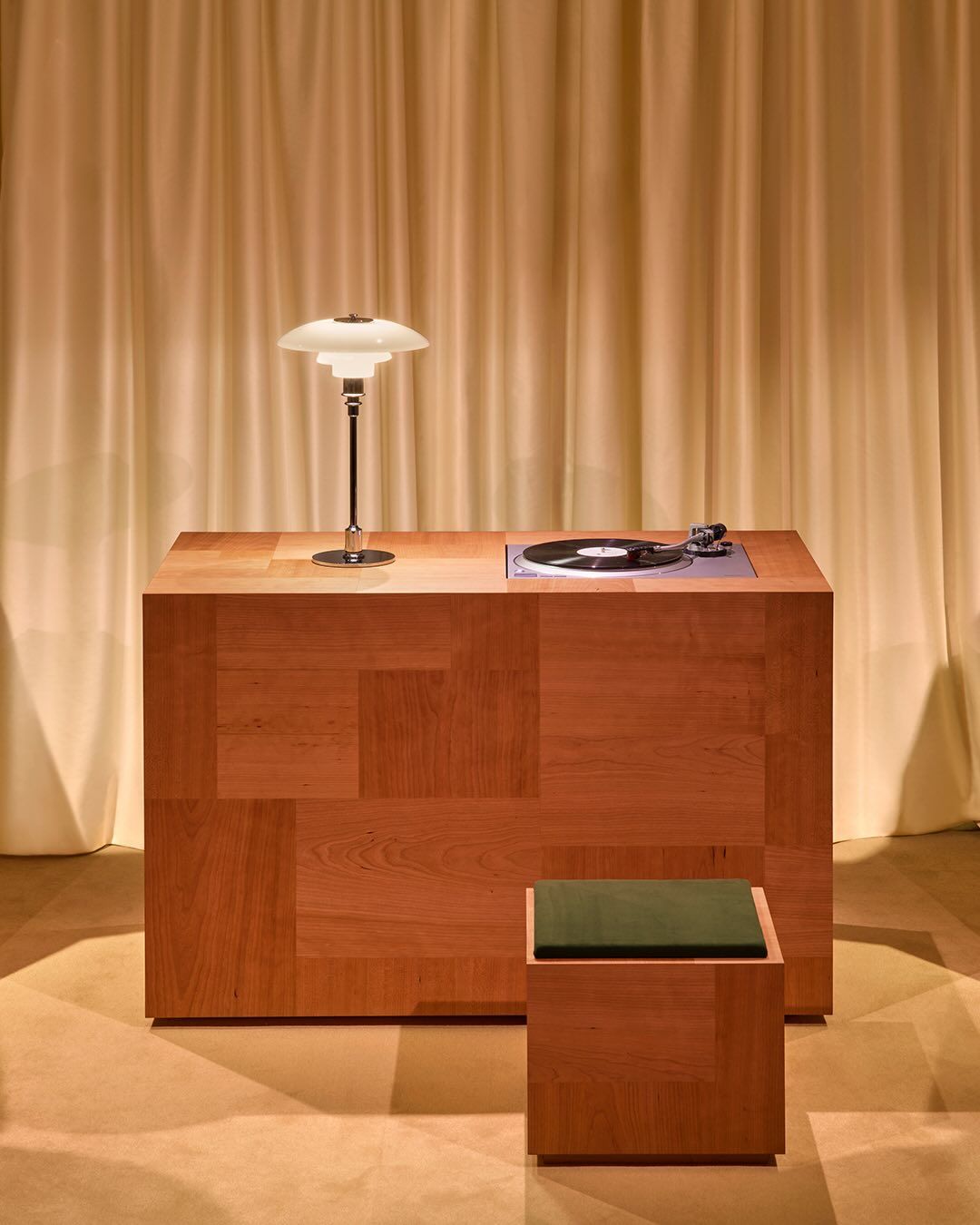
Celine signs a collection of custom-made handcrafted bags All produced by a single craftsman and exclusively to order
Hedi Slimane knows what luxury is, and Celine's new Haute Maroquinerie line is a perfect demonstration of that: a collection of handbags and small leather goods produced exclusively on commission and by a single artisan. The pieces in the collection are all composed of crocodile leather obtained from ethical and certified sources, with 18-karat gold buckles with diamonds, and housed in a lacquered eucalyptus wood box. The main idea behind the collection is to exalt craftsmanship and offer "a relationship with the object that is at once cultural, personal and rare" by accentuating, for example, the value of the manual processing of the leather, polished with agate stone, and cut only after the order has been placed. The two main models in the collection, The16 and the Triomphe, require seventeen and twelve hours of work, respectively, to assemble by hand and include details such as a crocodile-lined mirror inside the bag and the initials of the client embossed in the leather lining.
The idea behind the launch of Celine Haute Maroquinerie is not only to offer an even higher range of products available in the ready-to-wear collections, further pushing up the brand's positioning, but it also represents the growing importance that customization services are having in the world of luxury. In fact, virtually every luxury brand offers haute couture and bespoke manufacturing services - the interesting fact, however, is that while these services are usually relatively little publicized, as discreet as their very wealthy clients, Celine's announcement as well as Prada's recent unveiling of a custom made belt service reveals that the idea of bespoke custom manufacturing has a growing hold on the public's imagination. The reason for this popularity of custom-made services lies in the search for an ever-increasing sense of exclusivity, one that goes beyond the idea of aspirationality of traditional ready-to-wear products and seeks the value of the luxury item in the workmanship, the exclusive materials, but above all in the physical uniqueness of each item.
Specifically, what the new line of Celine would like to do, with its insistence on the singularity of the artisan who composes the bags, on the uniqueness of the bags themselves and on the idea of the commission that precedes manufacture, would seem to want to reject the idea of serial reproducibility linked to ready-to-wear products. For years, the activity of luxury brands has been flanked by the activity of individual artisan ateliers, still active all over the world, which has contrasted the anonymous presence of the many workers in the ateliers of the brands with the unique relationship that the client develops with the single artisan who makes the entire bag by hand. It is a difference in the storytelling surrounding the final product, as well as a difference in the quality of that same product, but one that plays an essential role in the tangible and intangible value attributed to it. The trend has a kinship with the popularity of DIY born in pandemic whose results were just as "unique" and opposed to the seriality of classic ready-to-wear, but with a greater emphasis obviously placed on the savoir-faire that underlies the creation of an extra-luxury product.








































































